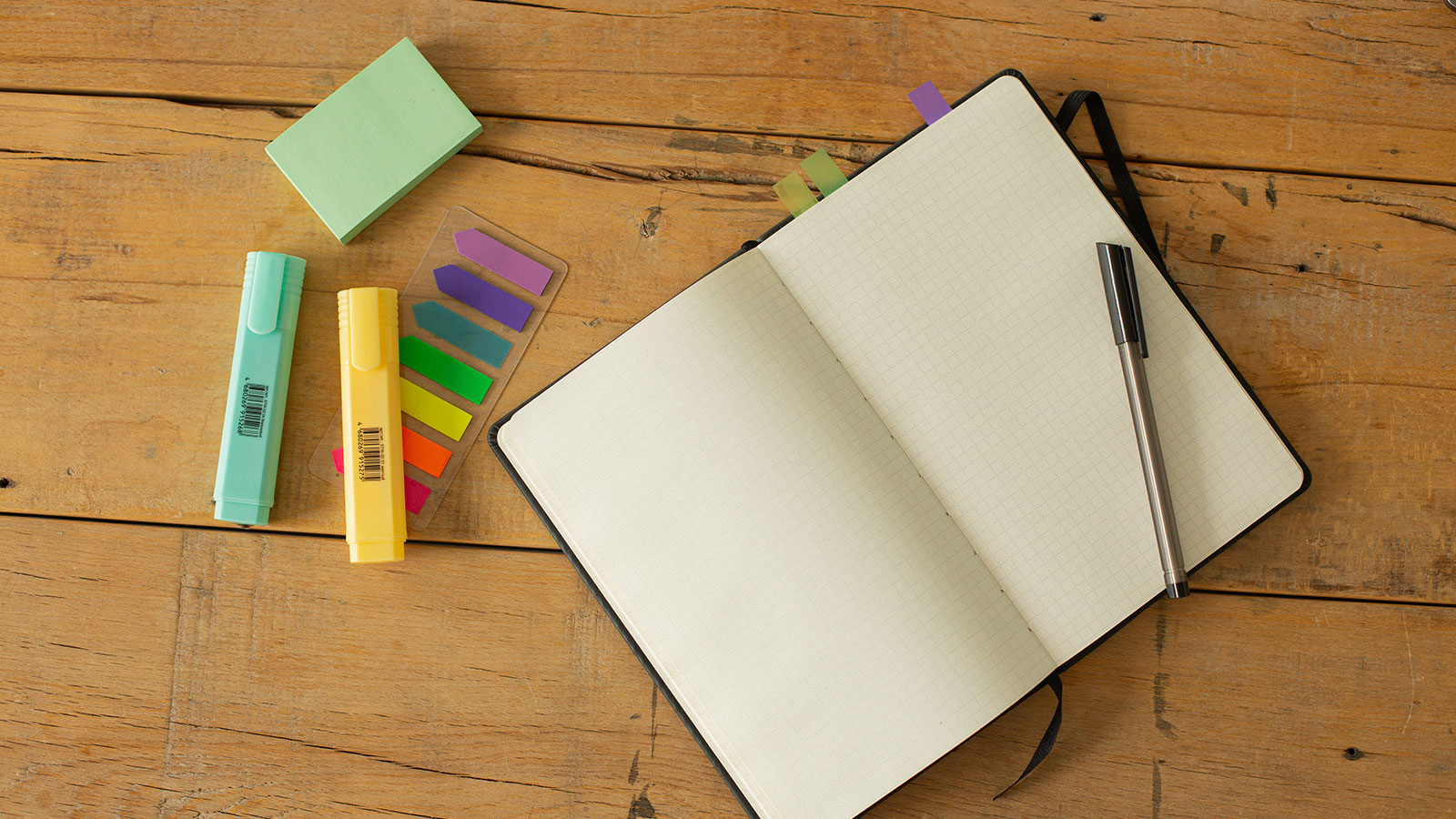Last Updated On: July 1st, 2024
When many people think of “studying,” they think about preparing for tests. Study skills, however, include a lot more than just test preparation. All of these skills are necessary to “study” effectively:
- Focusing and maximizing learning during class
- Effectively taking notes
- Completing and comprehending the assigned reading
- Efficiently managing time
- Completing Homework
- Staying organized
- Effectively preparing for tests and major assignments
These skills take time and commitment, but if you can master them, you’ll be on your way to acing every class!
First, focus and maximize learning during class. It might seem obvious, but if you’re not paying attention during class, it’s hard to make up for that by studying at home. The first step is to commit to paying full attention. If you can choose your seat, sit near the front or in an area where you can best focus, which might mean away from your friends. If your teacher assigns seating and you’re not in a place where you can best focus, you might respectfully ask your teacher to switch seats. Arrive to class on time and prepared, which means both having the necessary supplies and having completed any assigned reading or homework. During class, participate actively and ask questions when appropriate. If you’re having trouble following the lesson, try to identify exactly what it is you find confusing so you can ask for clarification. If you have to miss class, make sure to get a copy of the notes and make up the work quickly.
If you’re in a lecture class, take effective notes. If your teacher uses a certain notetaking method, like Cornell Notes, then follow that style and format. If you’re on your own, start by writing the date and subject at the top of each page and number the bottom of each page. Leave blank space (extra margins, every other line, etc.) so that you can jot down topic headings, additional notes, or questions. You should always write down anything the teacher tells you to copy exactly and anything the teacher tells you is important. In addition, you should also write down key words and terms, summaries of your teacher’s main points, and any questions you have. Unless you’re turning them in or sharing with someone else, it’s okay to use abbreviations and symbols. In fact, it’s often helpful to abbreviate so that you have time to write down all of the information. Just make sure you can understand your own notes! If you receive a copy of the notes, you should still actively use your notes during the lecture. Highlight or underline key words, jot down additional notes, and mark anything you have questions about.
As soon as possible after class, reread your notes and rewrite or add to anything that’s difficult to understand. This will help to reinforce the information and ensure you can still understand your notes weeks or even months later. If you’re still feeling confused, don’t hesitate to reach out to the teacher and schedule office hours to be sure you understand the concept.
Along with paying attention during class, it’s important to complete any assigned reading. Though it may seem arduous, take time to read and understand ALL the assigned reading. When I’ve worked with students who are struggling in a class, more often than not they simply aren’t completing the reading, or they are trying to scan and hunt for answers to the study questions rather than reading the entire text. Once you get in the habit of reading everything assigned to you, you’ll improve your comprehension of the subject matter and general reading comprehension skills.
If you find yourself looking at the words on the page but you can’t focus on or remember what you just read, try the Scan, Read, Review strategy. First, scan the chapter or selection by reading any titles, subtitles, and bold, highlighted, and/or italicized words. Look at any pictures and captions, graphs, charts, etc. and predict the topic and focus of the article. Next, read the selection. As you read, pause often to summarize and/or restate what you read, either in writing or in your head, and look up any important words you don’t understand. Lastly, review what you read. Scan the material again and briefly restate the purpose or point of each section in your own words.
For all of these tasks, it’s important to focus on your studies and avoid counterproductive multi-tasking. Many people who claim they are “multi-tasking” are actually doing something called “switch-tasking,” which involves constant changes in focus that make it difficult to complete any one task. (I recommend trying this video and the accompanying exercise to experience this firsthand!) If you try to text your friends, check your email, adjust your music playlist, and do your homework at the same time, chances are you’re not being very productive at any of those tasks. Instead of trying to do everything at once, close your email or messaging apps, silence your phone, and give your studies your undivided attention for a period of time. Then, take time to connect with your friends and relax. (If you prefer music to silence, consider using “study music” like this, and don’t stop to constantly adjust your playlist.)
In order to find time to do all the work required to do well, it’s important to organize both your materials and your time. Some teachers make it easy by telling you how to organize your binder or notebook and where to put everything. Follow these instructions! For teachers who let you organize your materials yourself, choose a consistent place and way to organize your papers and handouts, and put them in the correct place as soon as you are ready to put them away. If any papers end up loose and floating around your backpack, organize them before you go to bed (perhaps right after you re-read your notes).
When it comes to organizing your time, make sure to write down all of your assignments, due dates, and deadlines in your planner or on your calendar (paper or digital). Look ahead and plan for how you’ll get all of your work done during busy times when several assignments are due. If your teacher doesn’t break down a large assignment, it might help to set smaller deadlines for yourself so that you don’t have to cram. Remember that staying organized—both with time and materials—requires ongoing effort.
To make sure you’re prepared for a big test or quiz, start by reviewing and correcting any questions you missed on previous assignments in the same unit. Then, complete the study guide or any resources your teacher provides. If you don’t have much guidance about how to prepare, review your notes, highlighted or bold terms in the assigned reading, and any practice or processing questions available in the book. If you have already been paying attention in class, reviewing your notes, completing the assigned reading, and keeping your materials organized, you might not have to do much review when it comes time to “study” for the big test. When you’ve developed solid study skills, you’ll be prepared not only for a particular test, but for any course or assignment that comes up in the future.
Photo by Monastera



















